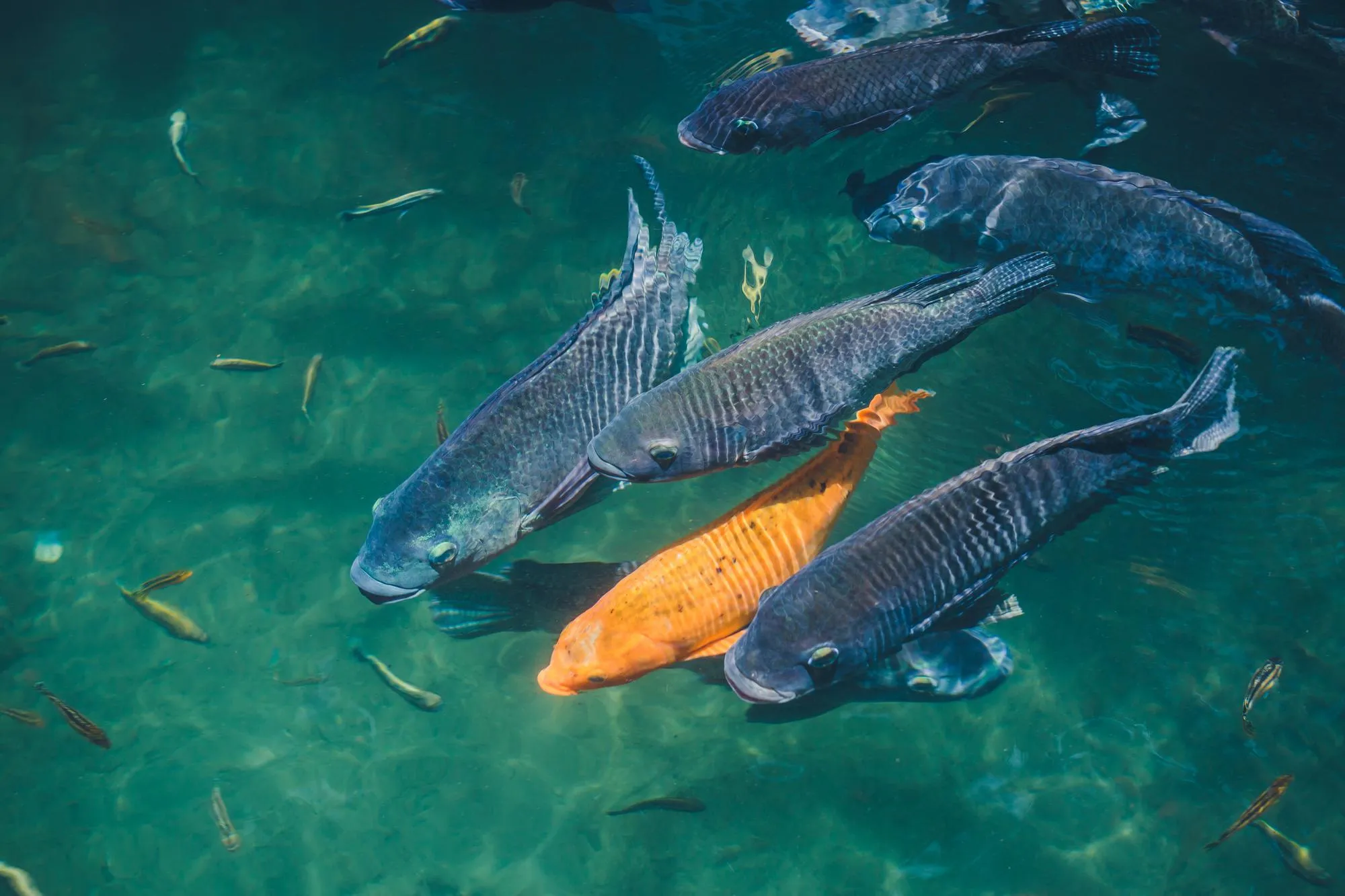A recent study published in Trends in Parasitology reveals concerning trends in the prevalence of a little-known parasite, Sphaerospora molnari, posing a potential threat to freshwater fish populations. This pathogen has been flying under the radar but is now garnering attention due to its potentially harmful effects on fish health and the sustainability of aquatic ecosystems.
The Silent Aggressor: Understanding Sphaerospora molnari
Sphaerospora molnari is a myxozoan parasite specifically known to infect the common carp (Cyprinus carpio). The infection typically involves the blood and kidneys of the fish, leading to conditions such as sphaerosporosis, characterized by pale gills, lethargy, and in severe cases, mortality. While infections are often subclinical, rising prevalences indicate an unmet need for vigilance in aquaculture operations and natural ecosystems alike.
Tamás Dobai from the Institute of Parasitology, Biology Centre, Czech Academy of Sciences, and the University of South Bohemia in České Budějovice, teams up with Pavla Bartošová-Sojková, emphasizing the importance of this recent study. The two authors, hailing from esteemed Czech institutions, delve into the cryptic lifestyle of this parasite and unraveled the pertinent aspects of its biology, life cycle, and implications for fish health.
Trends and Implications for Aquaculture
Aquaculture is a billion-dollar industry that heavily relies on the health and well-being of fish stocks. Infections like those caused by Sphaerospora molnari can lead to significant economic losses as they impair fish growth, survival, and reproduction. The study surveys the increase in infection rates and wrestles with the potential impact on commercial fish farming, highlighting an underappreciated risk for both fisheries and conservationists.
Ecological Concerns from a Parasitologist’s Perspective
Ecological implications are also at the forefront of the study. Sphaerospora molnari not only targets farmed carps but can also spill over into wild populations, threatening biodiversity and the balance of aquatic ecosystems. As freshwater habitats are already under assault due to pollution, habitat destruction, and climate change, added pressures from parasitic infections could tip the scales toward ecological disaster.
State-of-the-Art Research and Methodologies
The study makes use of cutting-edge parasitological methods, including molecular techniques, to track the incidence and spread of Sphaerospora molnari. The sensitivity and specificity of these methods permit early detection and identification, which are crucial for the management of the disease. The research team emphasizes the need for continued surveillance using these technologies as an essential measure to safeguard aquaculture and natural water bodies.
No Conflicts of Interest
The authors of this important research have indicated no conflicts of interest, ensuring their findings are unbiased and solely focused on the scientific understanding and management of Sphaerospora molnari infections.
Implications for Policymakers and the Public
The revelation of increased infection rates by Sphaerospora molnari demands prompt action from the scientist community, policy-makers, and those involved in fish farming operations. This trend calls for stricter health monitoring, improved biosecurity measures, and public awareness campaigns to mitigate the effects of the parasite on the aquaculture industry and environmental health.
Future Directions for Fish Parasitology
Emerging diseases such as Sphaerospora molnari underscore the importance of continued research in fish parasitology. The study authors advocate for more comprehensive investigations into the role of environmental factors, host immunity, and parasite ecology in the spread of infectious diseases affecting aquatic organisms.
A Call to Action for Global Collaboration
Dobai and Bartošová-Sojková issue a strong appeal for a collaborative approach in tackling Sphaerospora molnari. The interconnected nature of aquatic ecosystems means that a local issue can rapidly evolve into a global concern. Only through international cooperation can we hope to develop efficient strategies to monitor, control, and ultimately prevent the spread of these insidious infections.
Conclusion
The study published in Trends in Parasitology brings to light the growing concern of Sphaerospora molnari infections in freshwater fish. As the world grapples with myriad environmental challenges, it is crucial not to overlook the silent yet profound impact of parasites like Sphaerospora molnari. Continued research, heightened awareness, and global cooperation will be pivotal in addressing this emerging threat.
This article sheds light on the potentially wide-ranging impacts of Sphaerospora molnari and the urgent need for research and proactive measures. The research from *Trends in Parasitology* is accessible via the Digital Object Identifier (DOI): 10.1016/j.pt.2023.12.011.
Keywords
1. Sphaerospora molnari infection
2. Freshwater fish parasite
3. Aquaculture disease management
4. Fish health and sustainability
5. Myxozoan parasites in fisheries
